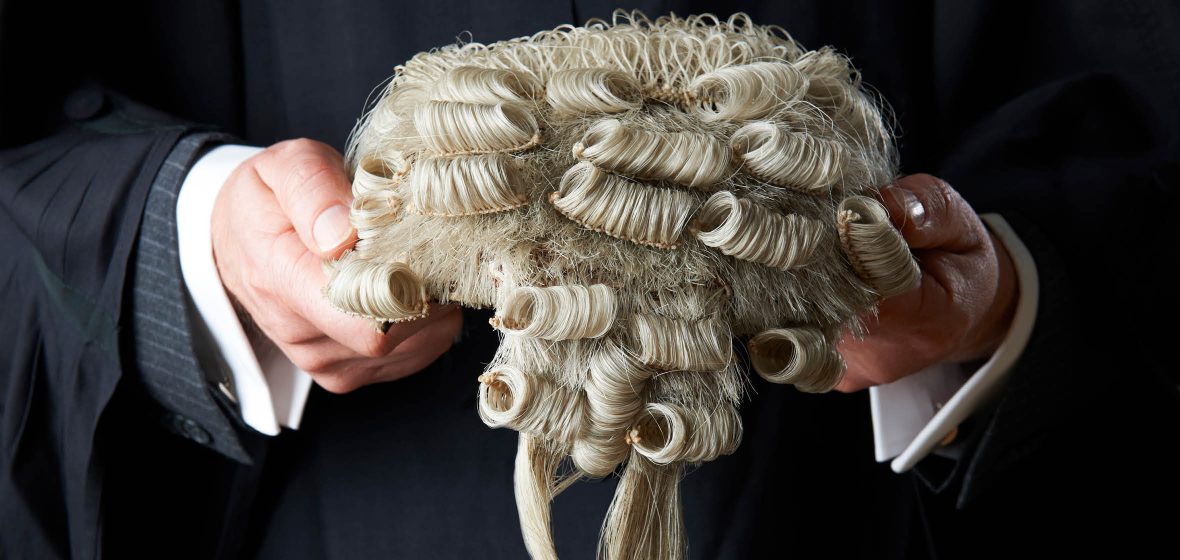How to work efficiently with barristers
Whichever area of the law you choose to specialise in during your career, chances are that at some point you or a colleague will need to brief a barrister. As well as advocating your client’s case before a Judge, barristers are often retained to provide advice in respect of a discreet aspect of a case or area of law. This can encompass, for example, providing advice on the prospects of success, which may be considered before embarking on litigation or advising on the quantum of potential damages.
For a solicitor running a litigation matter, a barrister’s advice and assistance can be invaluable. A good barrister can have a huge impact on the outcome of a case, in terms of noticing weaknesses in your case (and correcting those weaknesses by way of additional evidence, for example), or having knowledge of legal precedents upon which your client’s case may stand or fall. To ensure that your ‘good’ barrister can work to their potential, it is just as important to be a ‘good’ instructing solicitor.
There are many aspects to being a ‘good’ solicitor to your barrister, and that does not just mean holding funds in trust for their fees – although that is rightly non-negotiable for many members of the Bar.
To get you started, I share my top tips for working with barristers below.
Brief the barrister as early as possible
There are multiple reasons for briefing Counsel as early in the litigation as possible. One is that it may prevent litigation which could have (and should have) been avoided had an advice on prospects or quantum been prepared before the proceedings were commenced. Another is that there is an art to the preparation of pleadings which, particularly in complex litigation, should be undertaken by barristers who are highly experienced in this area. Briefing the barrister at the pleadings stage avoids wasting the time and costs involved in seeking leave to amend the pleadings down the track.
Prepare a good brief
Without going into too much detail about what makes a good brief (because this topic could take up its own article), an ideal brief will, at the very least, contain:
- an index;
- observations;
- any pleadings; and
- any evidence already drafted/served.
Don’t flood the brief with irrelevant documents and day-to-day correspondence with your opponent. Try to be selective about what is included and, if in doubt, you can always make reference to the document in the observations.
You should always ask the barrister or their clerk if they prefer a hard-copy or soft-copy brief (or both), and if they have any special requests such as single or double sided, pagination and/or tabbed dividers.
Corresponding with barristers
Barristers have different preferences for how they would like to be contacted. Some willingly give out their mobile numbers, some prefer you to call their chambers, and some prefer an email rather than a call. Unless specifically requested otherwise, it is good etiquette to call a barrister’s chambers if you would like to speak with them, rather than calling or texting their mobile.
Importantly, never give the barrister’s mobile number to the client unless the barrister specifically asks you to. As a general rule, the client should not contact the barrister directly or speak with the barrister without a solicitor present.
Final thoughts
It is rare to find a barrister who does not genuinely appreciate simple questions in respect to how they like to receive their briefs, the contents of the brief, or their preference as to communications with their instructing solicitors, even if those questions are asked via their clerk. So, whilst I hope that the above tips will get you started on the road to working with barristers, remember that, if in doubt, it does not hurt to ask.




